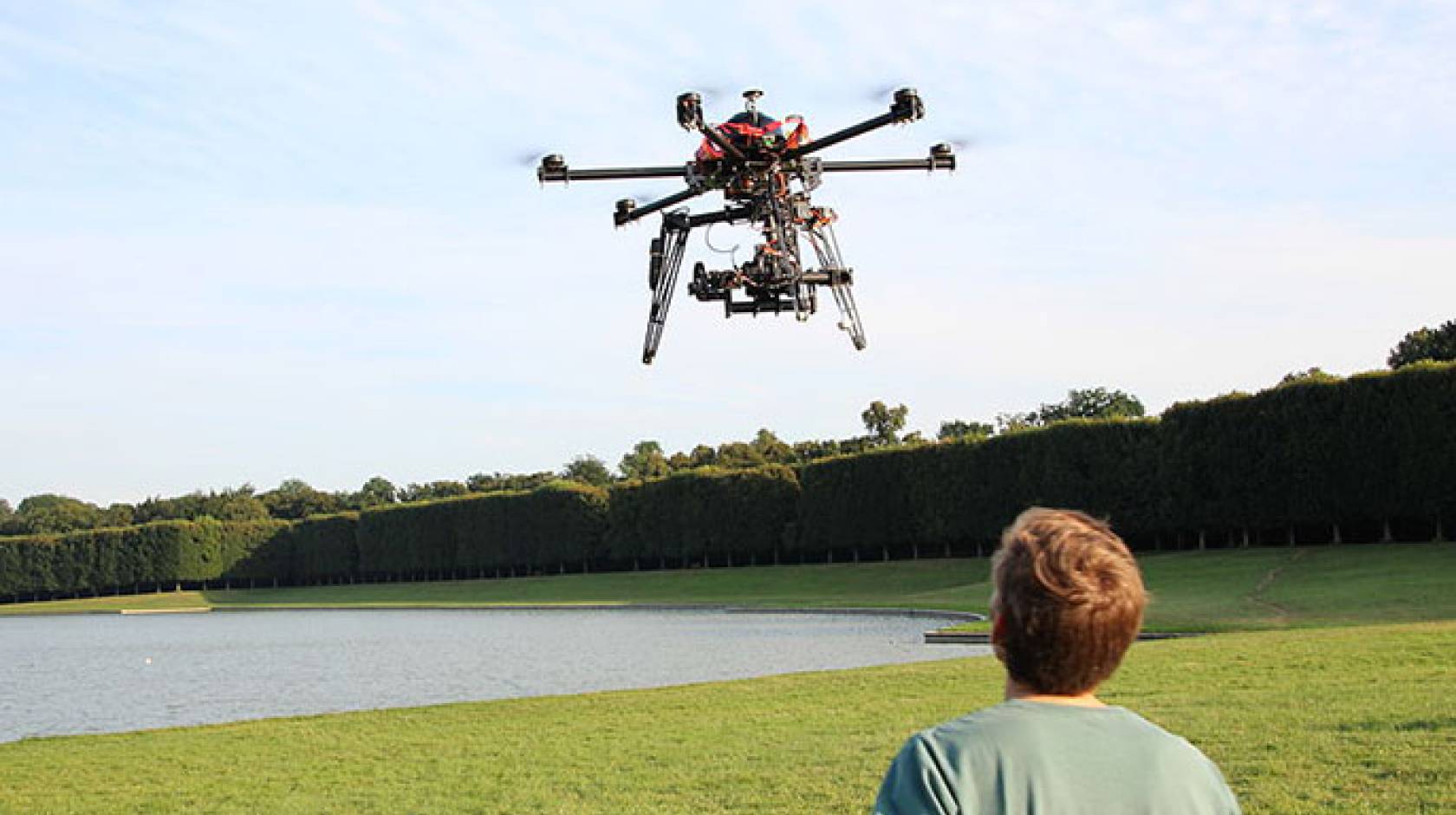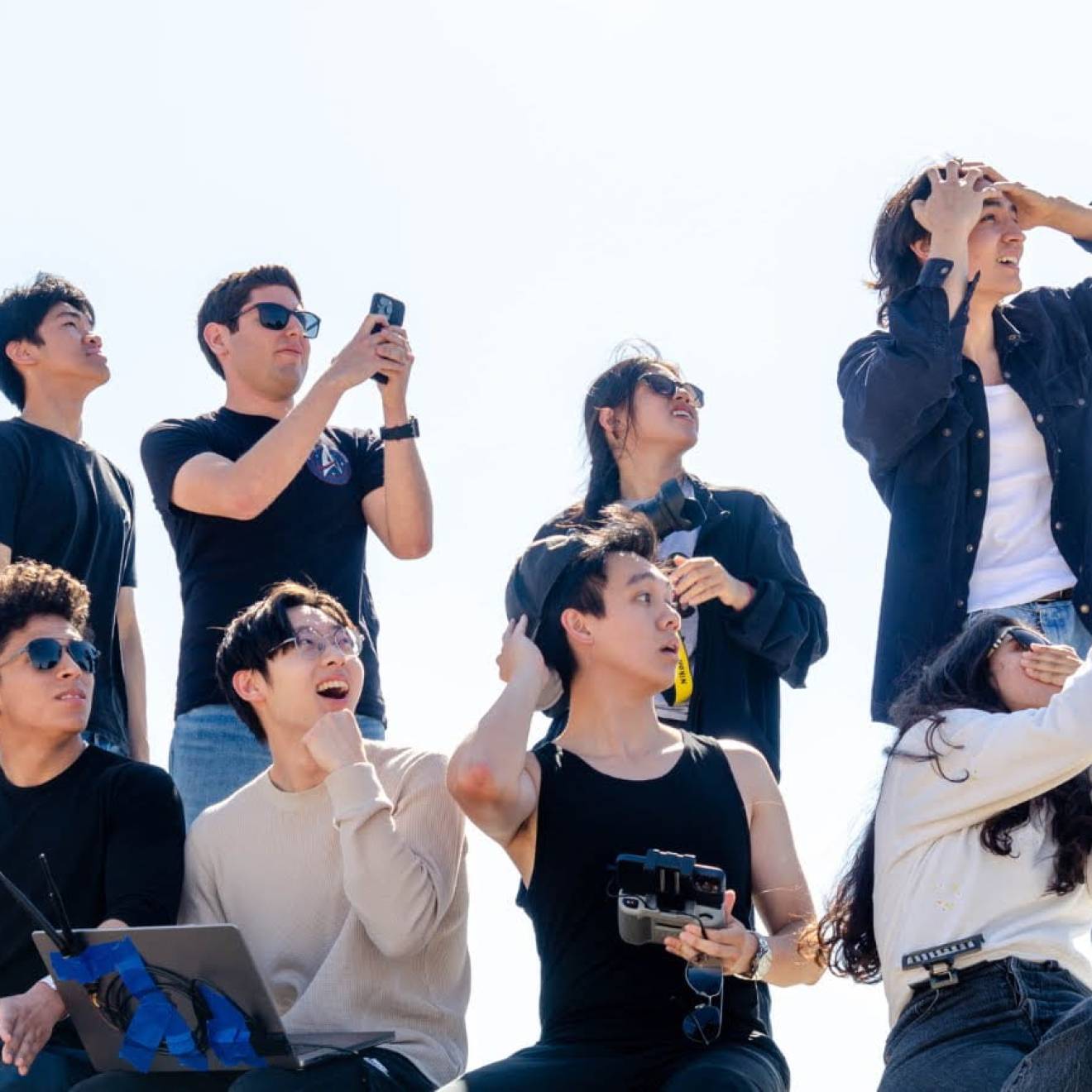Richard Chang, UC Riverside

Drones may eventually grow a mind of their own.
The University of California, Riverside has received a $1 million grant from the National Science Foundation to develop artificial intelligence for drones — eventually allowing the robots to conduct far-reaching reconnaissance missions without direct human control.
Amit Roy-Chowdhury, professor of electrical and computer engineering, hopes to create programs that will allow the drones to act on their own, such as by zooming in on a certain object. The technology could prove instrumental for environmental and security monitoring, or for search and rescue missions.
“The problem with drones is that the travel path is usually set beforehand,” Roy-Chowdhury said. “Our project will look into how we can let drones dynamically re-plan, depending on what data is sensed.”
Roy-Chowdhury noted, “There might be a need to get higher resolution data, like if you see a person in a remote area.”
The use of drones is gaining popularity among environmentalists and law enforcement officials alike due to the robots’ ability to reach far-flung locales not easily accessible to humans. A person typically sets the drone on a pre-determined path to collect data. But it is hard for humans to analyze the data in real-time and control the drones, due to the volume of data collected or because of limited reception.
Roy-Chowdhury and his group plan to resolve this issue by pre-programming drones with artificial intelligence that allows the robot to strategically determine what kind of data and images are important enough to collect.
The research and experimentations will be conducted over the next two years in mountainous areas near the UC Riverside campus in Inland Southern California. Roy-Chowdhury, who leads UC Riverside’s video computing group, is the principal investigator in the grant. Other investigators include Nael Abu-Ghazaleh, Darrel Jenerette, Konstantinos Karydis, Anastasios Mourikis and Qi Zhu.

